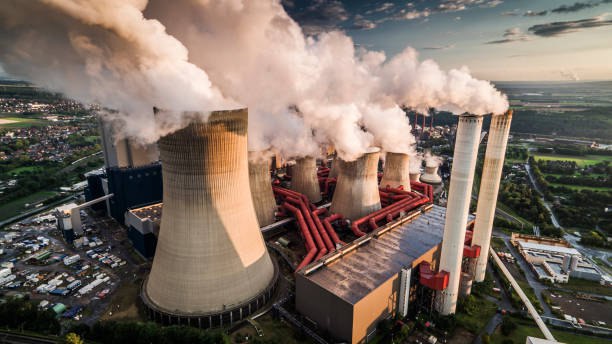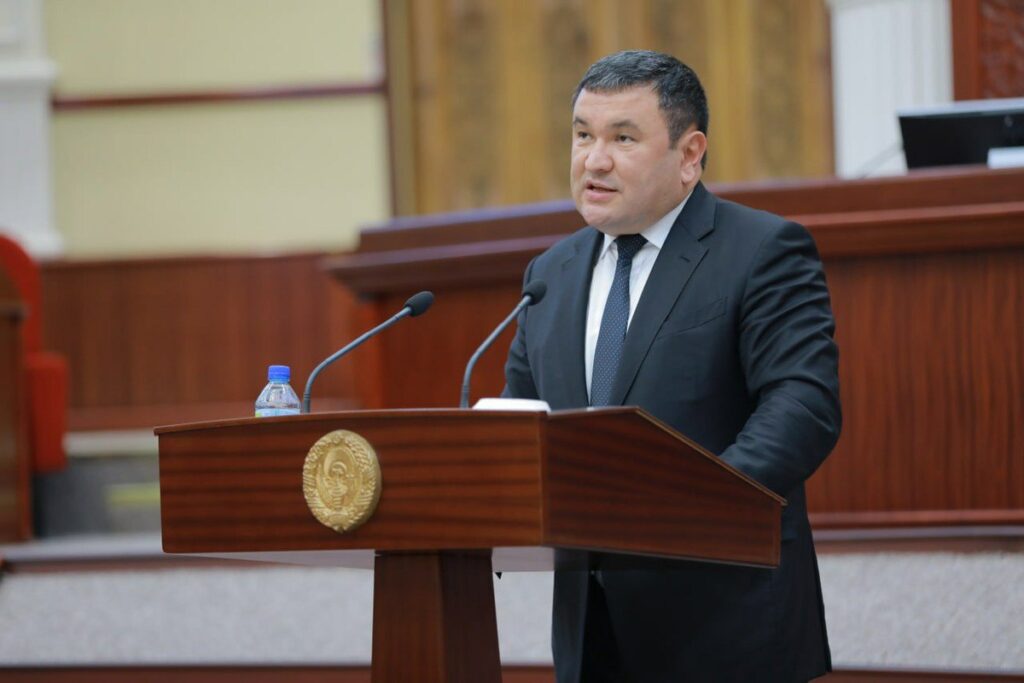The energy crisis gripping Europe has made clear for all to see the limits of solar and wind power. Years of investment and unbridled ambition have not created renewable sources that can deliver the consistent, large-scale energy that modern economies need. Nuclear power has emerged as the only viable solution for achieving zero-emissions energy while maintaining reliability.
Europe’s urgent need to reduce its dependency on Russian gas has made all that even clearer. Meanwhile, the United States faces its own energy challenges. Its nuclear industry urgently requires a secure and stable uranium supply; yet U.S. foreign policy has largely overlooked Kazakhstan, the world’s largest uranium producer.
It gets worse. No sitting U.S. president has ever visited Kazakhstan, which produces over 40% of the world’s natural uranium. Russia and China have filled this diplomatic vacuum, embedding themselves deeply in Kazakhstan’s energy sector. The United States and Europe must act decisively to build stronger ties with Kazakhstan and Central Asia, if they are to achieve energy independence by securing their nuclear futures.
Europe’s dependence on Russian natural gas has been its geopolitical Achilles’ heel for decades. Russia’s illegal war of aggression against Ukraine, driving home the need to diversify energy sources, has further increased that vulnerability. Nuclear power offers Europe a path to energy independence. This hinges, however, on access to uranium, of which Europe imports 97% of its supply. Moreover, much of that uranium is enriched in Russia, creating a dependency analogous to that on Russian gas.
That problem can be solved by deepening cooperation with Kazakhstan, the world’s largest uranium producer. Unfortunately, Europe’s engagement with Kazakhstan has been half-hearted at best; yet the country’s reserves are essential for powering Europe’s nuclear plants. Strategic investments and partnerships are needed to unlock Kazakhstan’s role as a reliable uranium supplier to Europe, but logistical hurdles and a lack of political focus have so far stymied efforts to make that happen.
Kazakhstan, the world’s leading uranium producer, offers the United States a critical opportunity to secure its energy and national-security needs, yet Washington has ignored this and made little effort to deepen its ties with Kazakhstan. By contrast, China sources 60% of its uranium imports from Kazakhstan, supported by investments in mining and nuclear fuel facilities.
Likewise, Russia has, through Rosatom, forged strong partnerships with Kazatomprom. These efforts give Beijing and Moscow significant leverage over global uranium markets. The U.S., however, has failed to foster the political and economic relationships necessary for long-term nuclear-energy security. Kazakhstan is a particularly glaring case in point.
Over the past two decades, Kazakhstan has come to account for nearly half of global uranium production, giving it a key position in the global uranium supply chain. Neighboring Uzbekistan, the fifth-largest producer, adds another 6%, and Mongolia also has significant undeveloped reserves of future potential.
Yet Kazakhstan remains heavily dependent on Russian infrastructure for uranium transport and enrichment. Until the late 2024 signature of an agreement to supply nearly half of its annual uranium ore production to China through the rest of the decade, roughly 90% of its uranium exports have passed through Russian-controlled routes.
However, further diversification efforts are needed, for example, through the Middle Corridor to Western markets. To make this happen, Western nations must invest in infrastructure while supporting local enrichment and fuel fabrication capabilities. The United States and Europe can secure their own energy futures by helping Kazakhstan to reduce its reliance on Russia and China.
France’s approach illustrates the importance of high-level political engagement in securing critical resources. The French energy company Orano has significant stakes in the country’s uranium mines, and recent reciprocal diplomatic visits involving French President Emmanuel Macron have strengthened ties between the two nations. France has shown what Western engagement and follow-through with Kazakhstan can achieve.
The United States and Europe should emulate this behavior. Cooperative initiatives to develop transport routes, expand processing capabilities, and foster regional cooperation would benefit everyone. The Southern Gas Corridor, which successfully brought Azerbaijani gas to Europe, offers a model for integrating Central Asia’s resources into Western energy markets.
The United States should adopt a comprehensive strategy, focused on Central Asia, to secure its energy future. This strategy would have three main points: strategic diplomacy, infrastructure development, and capacity building in the nuclear sector. High-level diplomatic engagement, such as a presidential visit to Kazakhstan, would send a clear signal of America’s commitment to the region. Properly prepared, it would foster long-term partnerships while countering Russian and Chinese influence.
Complementing this effort, public-private partnerships would encourage American companies to invest in Kazakhstan’s energy sector while creating mutually beneficial economic opportunities. At the same time, the U.S. must support the development of critical infrastructure to diversify Kazakhstan’s transport routes and reduce its dependence on Russian-controlled logistics. Projects like the Trans-Caspian International Transport Route (TITR, also called the Middle Corridor) are vital for ensuring reliable large-scale access from the region to global markets. Coupled with initiatives to integrate Central Asian energy markets and power grids, these efforts would enhance regional stability and foster stronger intra-regional cooperation.
Finally, the United States should assist Kazakhstan in building local capacity for uranium enrichment and nuclear fuel fabrication. By supporting Kazakhstan’s ascent up through the nuclear value-chain, the U.S. can help the country achieve greater self-sufficiency while securing a stable uranium supply for its own reactors. These various measures, taken together, would position the United States as a key partner in Central Asia, advancing both its energy security and strategic influence in the region.
It is vital for Europe and the United States to recognize that Kazakhstan and its neighbors are not merely suppliers of resources but, indeed, strategic partners in energy policy. They share a vital interest in securing access to Kazakhstan’s uranium resources. By working together to build infrastructure and expand processing capabilities there, they can help foster political stability and a more resilient and diversified nuclear-energy supply chain. This way, Europe can reduce its dependency on Russian-enriched uranium, while the United States would be able to reinvigorate its nuclear industry while countering Chinese and Russian dominance.









